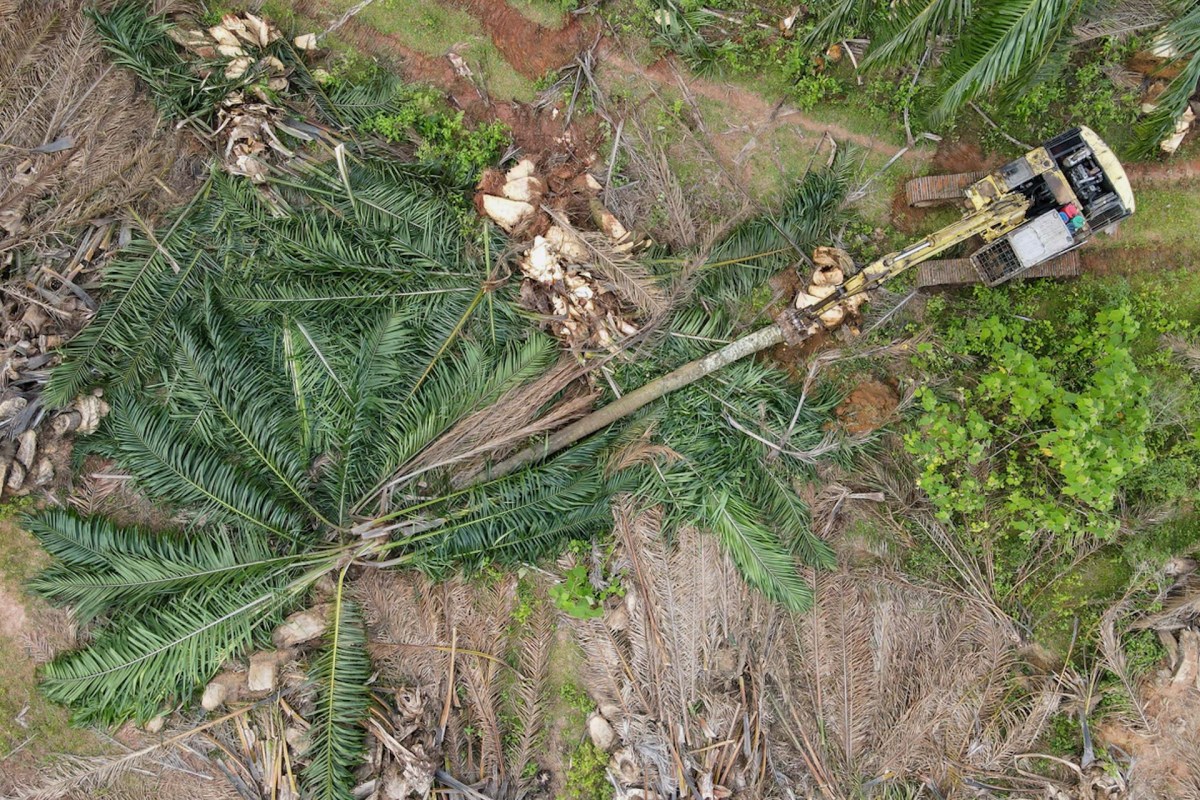Leo Bottrill's unwavering commitment to preserving natural resources is not just a job. He has dedicated his life to monitoring and protecting tropical forests in regions like Indonesia and Malaysia for almost two decades, a testament to his passion for sustainability.
Bottrill began the 2000s working in Vietnam before transitioning to the World Wildlife Fund. After a three-year stay at Moabi, a company that helps organizations build transparency and accountability on complex environmental issues in some of Earth's most remote and challenging locations, he left for a different purpose.
Bottril founded MapHubs in 2017, a software technology for companies monitoring natural resources. With the launch of Palmoil.io in 2021, Bottrill embarked on a mission to enable the palm oil industry to trace its product back to its origin, ensuring its legality and sustainability. This was a potential game-changer for the industry.
"The goal is to make Palmoil.io a self-sustaining and reliable resource for palm oil professionals to identify and mitigate risks in their supply chain," Bottrill said around the time of the launch, according to Mongabay.
MapHubs recently launched PlotCheck, a software that uses satellite imagery and AI algorithms to help palm oil producers assess their compliance with deforestation regulations while addressing companies' privacy concerns about publicly sharing the data. These regulations are beginning to reach zero-tolerance levels in many countries, and PlotCheck is designed to assist companies in meeting these standards.
"We need to be able to trace these plots to the facilities that ultimately are used for processing the crop into commodities which are sold in one of these regulated-demand markets. If we don't have a way to reconcile these things, these laws are not going to be able to work," Bottrill said.
Watch now: The most sustainable thing about the new Rivian? Its price tag
The palm oil industry, a catalyst of deforestation in regions like Indonesia and Malaysia, is at a critical juncture. A 2019 study published by IOP Science revealed that palm oil plantations were responsible for 23% of Indonesia's deforestation between 2001 and 2016, underscoring the urgent need for more sustainability practices in this industry.
Forests are among nature's most impressive splendors. They help store carbon and release oxygen into the air. Forests act like sponges, absorbing excess water and releasing it through its leaves. These incredible functions help protect communities from the impacts of the warming planet.
Forests also play a critical role in medicine. Aside from providing fresh air and boosting your mood, the United Nations estimates that forests account for 25% of medicinal drugs in developed countries and as much as 80% in developing countries.
Join our free newsletter for weekly updates on the coolest innovations improving our lives and saving our planet.









